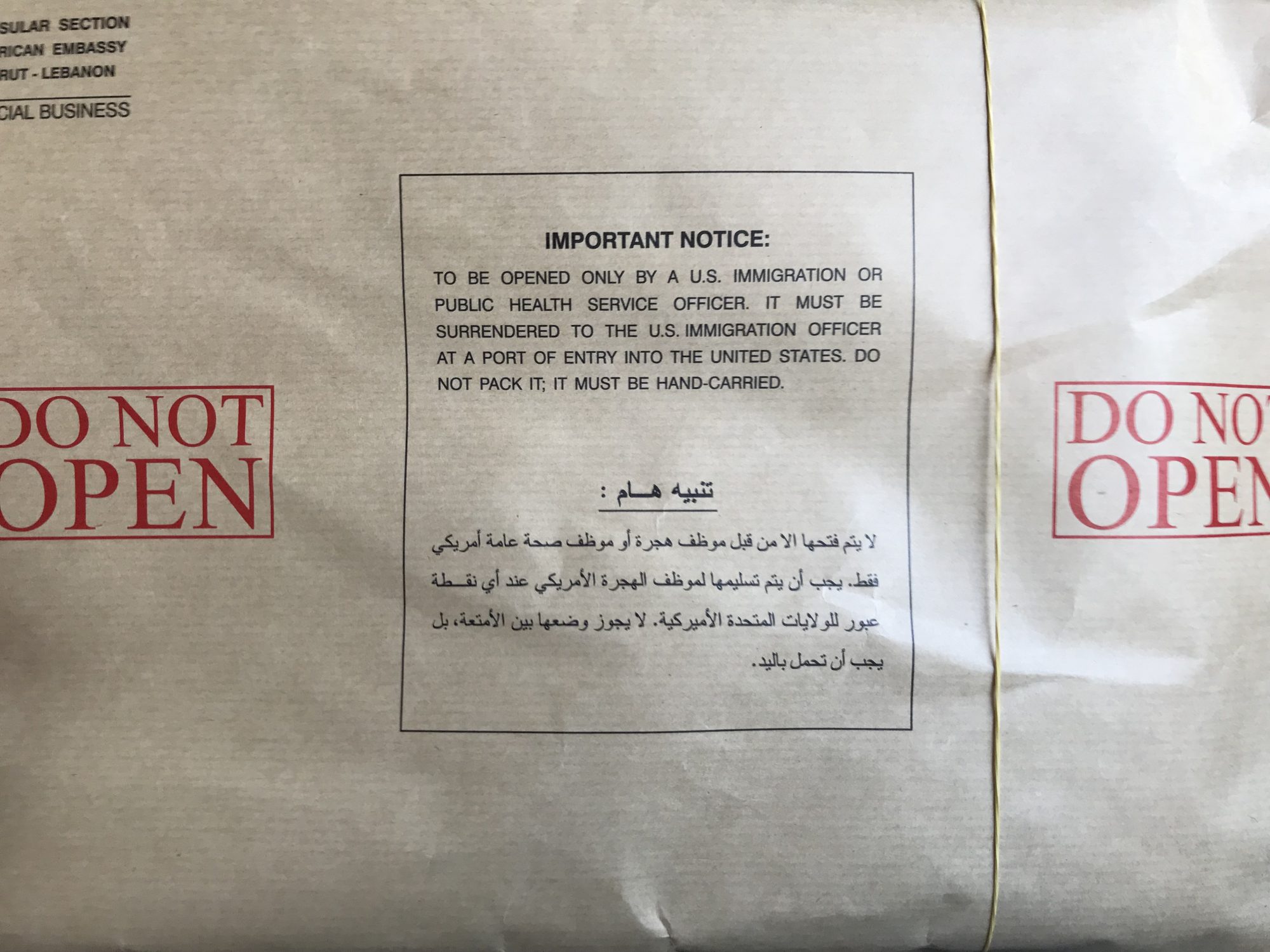This blog isn’t new. It’s a recurring impulse I have whenever I leave one place for another. This love/hate relationship with writing out in the open to no one in particular or to some all-seeing eye—whichever—has left plenty of evidence of my botched and aborted ideas in a strewnfield of digital detritus user-generated over one long decade as Time Magazine’s 2006 Person of the Year (it’s been a great honor, really).
Blogs for keeping long-distance relationships alive, now deleted, as dead and as buried as the people we were back then. Tumblrs for gonzo memetics and other bright ideas, now inaccessible in a wholly literal way, thanks to old email accounts and institutional affiliations long abandoned. Twitter personae, scrubbed of all traces of performative identity and locked up, yet still kept around to haunt the cloud as usernames whispered at parties, or just logins to third-party services that I still need.
But this time will be different. This time, it will not be Just Another WordPress Site. This time feels purposeful.
Maybe it’s because I’m making the biggest move of my life. That’s what that banner image at the top of your screen is about. Maybe it’s because, this time, the stakes are higher. My cozy cushion for youthful experimentation is getting flatter and limper, and there are only so many ways left to keep flipping and folding it over in search of temporary relief. I’m sticking a pushpin into a map and really meaning it this time when I say: this is where I’ll be spending my time. This blog is about that.
The name came to me quite… mysteriously. I was on a bus from Tripoli to Beirut when my mind started drifting, and I began to visualize two maps from two different cities overlaid on top of one another. That image of intersecting lines morphed into “dislocation,” which very quickly led to my mouthing out the word: “dis-lo-cution.” It struck me as one of those clever made-up critical sounding words that I’d never come across before, but assumed someone must have already theorized.
A quick search on my phone revealed that, yes indeed, a figure no less venerable than James-freaking-Joyce had pulled that one out of his conjurer’s cap. I saw others’ artful re-appropriations, which struck me as dead-on, and exactly the sort of definitional work I’d give this unit of adhoc meaning I’d just dreamed up. Then I read the following:
“If anything, dislocution is an expediently blurred trope, a catalytic aid for discerning, a trifle more readily, the variants of that Protean energy that, while no single one of its symptoms may be entirely new, in its pluralistic, mercurial impact does set Joyce’s later work off from its many predecessors and from most of the works that have followed in its wake.” Characteristically, everything in this statement is hedged; indeed, “if anything” hedges the subject of the sentence, “dislocution,” even before the reader gets that far. What it is, then, is an “expediently blurred trope,” a “catalytic aid.” Here extravagant vocabulary (words such as “catalytic” and “trope”) is enlisted to mute the impact of definition, and even once meaning is espied, it is less than meets the eye. A trope is a figure of speech; an “aid” in this context is a help to the understanding. Few could object to such a heavily qualified sort of concept. What is it that one will be aided to understand with this already blurred figure of speech—and at that only “a trifle more readily” than one could understand it without such an aid? The answer seems to be energy that is “pluralistic, mercurial” and “Protean”; in short, energy that is so changeable that it can scarcely be grasped anyway. (Senn, throughout, is enamored of pointing out rapid transformations in Ulysses and Finnegans Wake and the impossibility of seizing upon them or explaining them.) All that dislocution is, then, is a figure of speech that helps the reader realize that the energy of the later Joyce’s corpus is very hard to understand. This is not much of a claim to make, either about Joyce or for the concept of dislocution.
Don’t worry if your eyes glazed over as you scrolled past that blockquote. To me, it makes more of a feeling than a point. It’s something pleasurable hidden in a thicket of hedged words, like a field surrounded by a fence, where sheep can take shelter for the night. Metaphors nestling in references, gesturing at things not easily defined—I don’t know, but I think this blog is also about that.
Dislocution is finding my voice. That’s not to say that there’s any obvious correlation between tracing out a place in this world and stringing words together online, but I’ve never been able to completely uncouple those two things in my head. At least, not since circa 1996 when I excitedly sat a schoolmate down in front of our library’s only desktop computer to marvel at a garish GeoCities website and he asked: “why are you making this?” I still don’t know. Why do we do anything?
